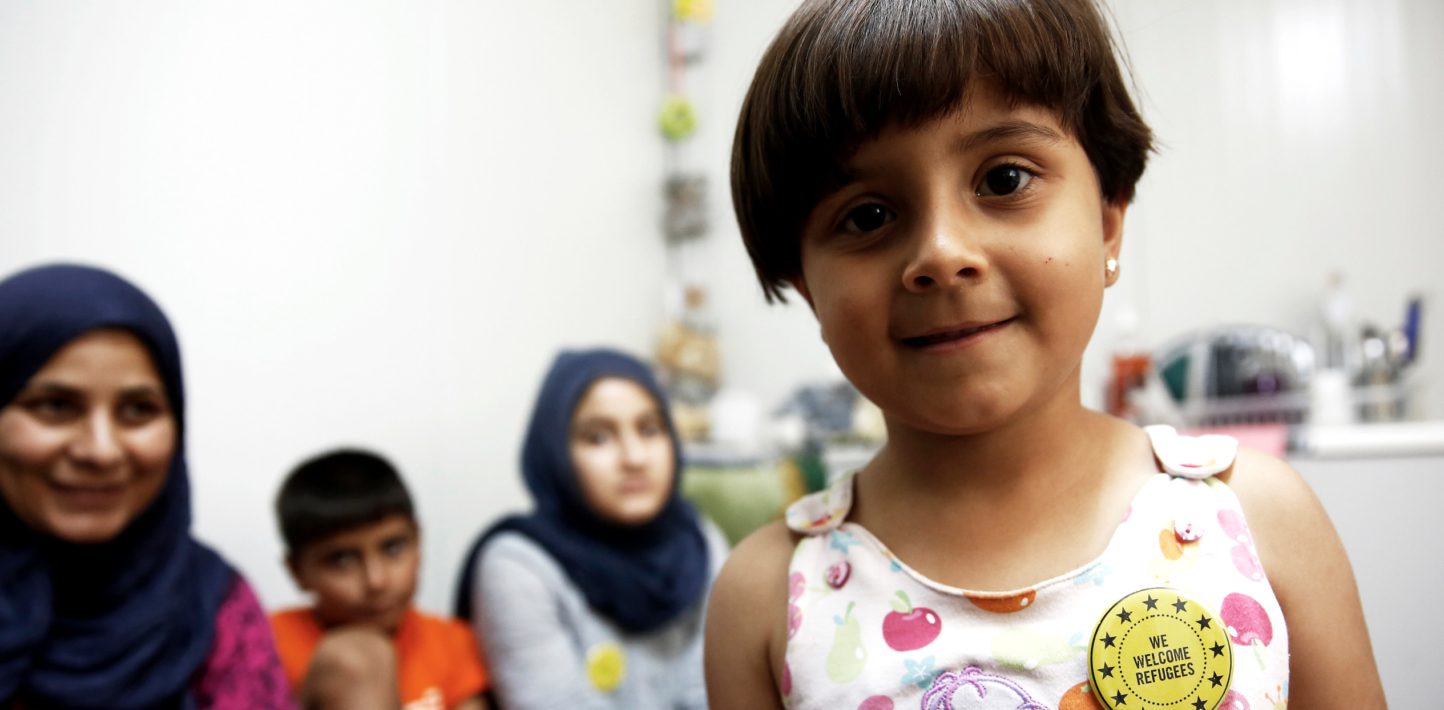The abject failure of a United Nations summit to tackle the deepening global refugee crisis is a missed opportunity that will affect millions of the world’s most vulnerable people unless leaders find alternative solutions to help them reach safety, Amnesty International said ahead of two high-profile refugee summits next week.
UN member states are set to adopt an ineffective refugee deal on 19 September. On 20 September, US President Barack Obama will appeal to leaders to make specific commitments that will help end the suffering of refugees across the world – a call that has so far been wilfully ignored.
“Faced with the worst refugee crisis in 70 years, world leaders have shown a shocking disregard for the human rights of people who have been forced to leave their homes due to conflict or persecution,” said Salil Shetty, Secretary General of Amnesty International.
“We already know the UN summit is doomed to abject failure, while the Obama summit looks unlikely to pick up the pieces.”
World leaders have shown a shocking disregard for the human rights of people who have been forced to leave their homes due to conflict or persecution
Salil Shetty, Secretary-General of Amnesty International
UN Secretary-General Ban Ki-moon had proposed a Global Compact on Refugees that would have asked governments to commit to welcoming 10% of the world’s refugees annually.
However, member states stripped the UN proposals of any substance, making sure there was nothing obligating them to take in specific numbers of people.
The Global Compact on Refugees will now not be agreed before 2018. Instead, states will issue the “New York Declaration” with token commitments but bereft of concrete responsibility-sharing measures.
“We have waited two years for this summit. World leaders should be announcing clear and concrete steps towards ending the refugee crisis. The UN had initially proposed an ambitious plan, but the European Union, Russia and China were among those who sacrificed refugees’ rights for national self-interest and missed a massive opportunity to back a global solution to the crisis,” said Salil Shetty.
“Instead of sharing responsibility, world leaders shirked it. The UN summit has been sabotaged by states acting in self-interest, leaving millions of refugees in dire situations around the world on the edge of a precipice.”
“But governments should not be under the illusion that this lets them off the hook. UN member states have both a moral and a legal duty to welcome the refugees who need help today.”
The day after the watered-down UN document is adopted, President Obama will host a Leaders’ Summit in New York on 20 September designed to secure specific commitments from member states to offer safe and legal routes to refugees – something most of them have so far failed to do. He will also call on leaders to donate money to assist refugees.
Amnesty International is calling on governments, particularly from wealthier countries, to urgently make commitments to resettle significantly more refugees and provide them with legal ways to find safety, whether at the Obama Leaders’ Summit or in the weeks to come.
World leaders have completely failed to agree a plan to protect the world’s 21 million refugees
Salil Shetty
“The Obama summit needs to re-invigorate efforts to solve the refugee crisis by showing that at least some governments have a firm commitment to helping refugees,” said Salil Shetty.
“We desperately need a quick and decisive show of leadership from a core group of countries willing to take responsibility and immediately help by welcoming in some of the most vulnerable refugees and providing others with humanitarian, work and student visas. The more countries who step forward, the more workable a solution becomes.
“In the long-term, we need a more organized sharing of that responsibility, with states agreeing objective criteria to decide what proportion of the world’s refugees each needs to take, based on their capacity to host them.”
There are 21 million refugees in the world today, according to UNHCR, with only 14% of them in the richest parts of the world.
Together, Ethiopia, Kenya, Jordan, Lebanon, Pakistan and Turkey host a third of the world’s refugees, while accounting for 1.6% of the world’s economy. Right now, only about 100,000 refugees are actually resettled annually; 90% of them by just five countries (USA, Canada, Australia, Norway, and the UK).
Amnesty International has long lobbied governments around the world to do more to share responsibility to fulfil refugees’ rights, and this week began a global campaign called “I Welcome” calling on governments to welcome refugees.
“World leaders have completely failed to agree a plan to protect the world’s 21 million refugees – some of the most vulnerable people in the world. But where leaders fail, people of good conscience will act. Change starts with three short words: I welcome refugees,” said Salil Shetty.


